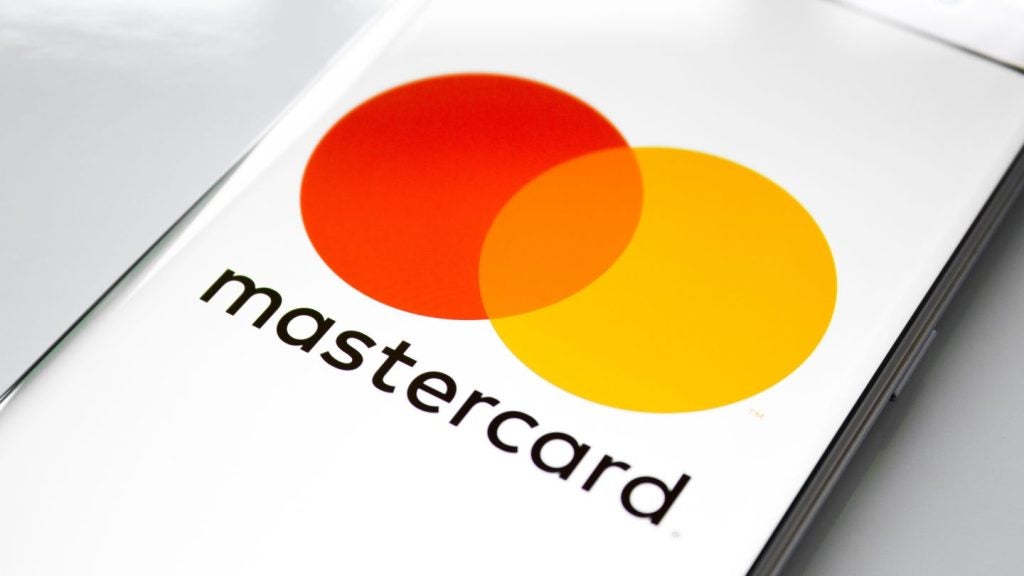One day, four sessions and multiple keynote speakers from leading companies from Italy and the wider Europe highlighted the healthy state of the growing prepaid market and its prospects. Douglas Blakey reports on the key news, developments and presentations from the event
Held in Milan at the Principe di Savoia Hotel, the annual Prepaid Summit Europe 2016 hosted by Cards International and sponsored by Visa, once again confirmed that the prepaid cards sector in Europe remains in rude health, with hugely exciting prospects for further growth.
The day was enriched by keynote speeches from prepaid big-hitters such as Greg Sheppard, head of prepaid of Visa, Peter Moller Jensen, director of regulatory affairs at Visa, and SEPA delegate Ugo Bechis, who outlined the state of the prepaid market, with a focus on innovations and the prospects for further prepaid growth in Europe.
According to Greg Sheppard, payment needs are changing and prepaid is the payment platform that best serves this evolution, or even revolution. Prepaid cards have gone from being a simple, secure and reliable payment tool to building new payment ecosystems and core solutions to open new markets leveraging new channels to communicate with clients and offer content.
Andrea Zamboni, senior marketing manager for Southern Europe at Visa, outlined how apart from e-commerce, which has significantly influenced the success of prepaid, there are other business opportunities in Europe that can support further growth for consumer travellers, corporate business travellers, youth and services for the unbanked or financially underserved people.
There are also interesting opportunities in the segment of closed-loop cards, such as luncheon vouchers.

US Tariffs are shifting - will you react or anticipate?
Don’t let policy changes catch you off guard. Stay proactive with real-time data and expert analysis.
By GlobalDataInnovations in the prepaid sector are being boosted by the advance of biometrics resulting in increased consumer appetite for prepaid. The growing digital economy requires an increased focus on fraud prevention, and Philippe Le Pape of Safran Identity & Security’s presentation focused on how prepaid cards can be susceptible to misuse by fraudsters and money launderers.
Verifying the identities of prepaid card users in a quick and secure way not only prevents money laundering but also reduces payment fraud. Le Pape said that the know-your-customer process, proposed by Safran, is fundamental in preventing card fraud while letting financial institutions and their customers complete the identification process via smartphone in a secure way.
New solutions for wearable devices and the growth of fintech platforms were highlighted by Bernardo Nicoletti, director Europe and Middle East at Transigma Partners. He explained how new the initiatives are growing at an encouraging rate, and represent a disruptive force in the traditional financial services system.
It is estimated that roughly 66% of fintech businesses are in the realm of payments, with leading examples being provided by PayPal and Apple Pay.
Conference highlights included a case study presented by Andrea Verri, co-founder & CEO of Amilon. He focused his presentation on the new opportunities arising in loyalty and welfare schemes for prepaid products.
Amilon briefed the Italian Institute Target Research to conduct multi-country research aimed at investigating the differences among key European countries with respect to people’s perception and experience of loyalty programmes.
It is also aimed at revealing the process of rewards digitalisation in loyalty programmes. What clearly emerges from the research – with some national differences – is the growing role of prepaid in loyalty rewards schemes with gift cards continuing to gain ground.
Andrea Veri also outlined how the Stability Law in Italy has offered great opportunities for prepaid products in welfare services. The new measures encourage initiatives to improve satisfaction at work and in employees’ quality of life: the range of benefits eligibility has been extended and employers are being aided via the use of simple payments tools, such as prepaid vouchers.
Gaetano Giannetto, founder and president of Epipoli, a leading European relationship marketing company focusing on customer value management, retail management and gift cards, highlighted the firm’s growth during the past decade.
Epipoli introduced the gift cards in Italy in 2006, and in 2015 alone sold over 3.5 million via relationships with more than 350 partners at 25,000 stores.
Giannetto said it has a market share of 88% for gift cards, and has more than 300 B2B clients.
HighWays, its flexible and modular platform, is managing customer engagement programmes in store and digitally.
Added Giannetto: “Gift Cards are anything but a simple prepaid tool. To be successful, gift cards must be all in one: physical, virtual, and mobile. Depth of assortment is key. They are a powerful generator of profit for retailers – gift cards are a destination category.
“They are also an efficient way to reward clients, generating huge savings compared to physical products.”
“Visa – the partner of choice”: Bertrand Sava
At the conference, Bertrand Sava, Regional MD, Southern Europe Visa told CI that disruptive factors including regulation, innovation, demographic trends, globalisation the ever-growing levels of customer experience expectations ‘were all coming together to change our world’.
“The pace of change is accelerating and Visa will keep adapting to the new world to ensure that it is the partner of choice in this new world.
“Not just in products but in services and security and the way we partner with our clients and with other partners.”
Sava added that there was an urgent need to ensure a balance between convenience and security within the framework of regulation.
“As long as it is safe, the customer experience should be as seamless as possible.”
He said that across Europe, retailers are willing to invest to make payments as seamless as possible. The scale offered by Visa, with the system handling one in every seven euros of European spend, benefitted retailers due to a reductions in cost.
“Embracing change will be beneficial to retailers and for consumers.
Combined with the tendency towards e-commerce, retailers in Italy are reaching the stage where the card is more logical, and they prefer to be paid by card rather than by cash.
“The best way to reach the common goal of cash displacement is strong partnerships.”
Sava is also especially upbeat about the phenomenal growth in the use of contactless.
“People are embracing contactless despite rumours about security, and retailers see it as an opportunity because for them speed is fundamental – and contactless saves them money due to the cost of managing queues.”







